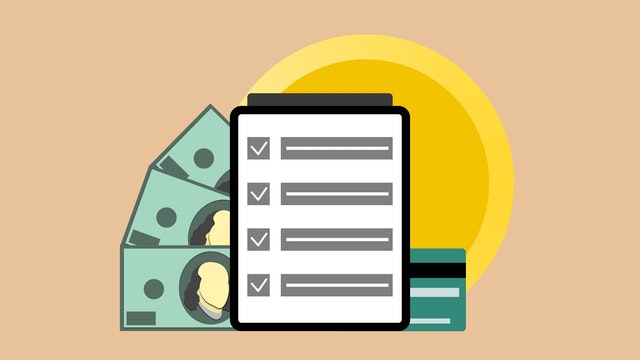Your credit history can influence a lot of things in your life. It can make a difference when you’re trying to borrow money when you’re looking for somewhere to live, and when you’re applying for some jobs too. If you don’t have a credit history or you have a poor credit score, it can prevent you from living your life the way you want to and meeting some of your goals. However, you can do some things to improve your credit score and improve your financial position. If you want to improve your credit and gain access to more opportunities in life, here are some ideas.
Put Your Everyday Expenses on a Credit Card
A credit card can be a good way to build your credit score if you pay it off regularly. You don’t want to be saddled with a lot of credit card debt, but it is useful if you have a credit card that you can use for your spending. Rather than use a credit card to pay for a large expense and then pay it off slowly, you should get a credit card to use for your regular expenses. Make use of the card when buying things that you were going to buy anyway, such as your groceries, then pay it off in full at the end of every month.
Make Regular Payments
Making regular payments is one of the most important things that you can do if you want to improve your credit score. Having a credit card that you pay off each month is one step, but there are other payments you can make sure you commit to as well. You can get installment loans that help you to improve your credit score when you make the payments, which can be useful if you have something that you need to pay for. It’s also helpful to automate any of your regular payments to ensure you’re paying everything on time.
Reduce Your Debts
Working on reducing your debts is obviously going to help you if you want to improve your credit score. It’s a good idea to have a good balance between your available credit and how much credit you’re using. For example, if you have a credit card that allows you to borrow $5,000 in total, it’s better not to use up the whole $5,000 but only use a small percentage at a time. Create a plan to make sure you’re paying down your debts and will eventually eliminate them.
Check for Errors on Your Report
Something else that can affect your credit score is any errors that might be on your report. It’s one of the main reasons to check your credit report regularly. Errors could include credit that has been erroneously attributed to you when it’s not yours or debts you have paid that are still showing as outstanding. If you see any errors, you can contact the credit bureau to correct them.
Use these smart methods to build your credit history and create more opportunities for yourself.
